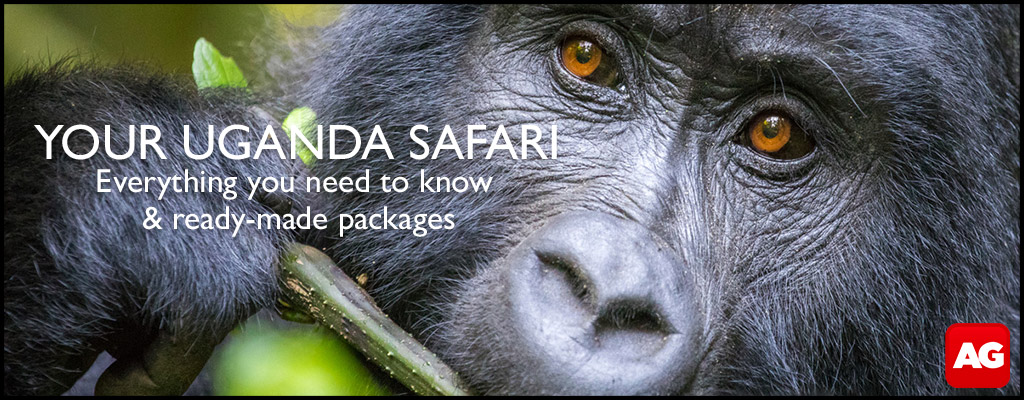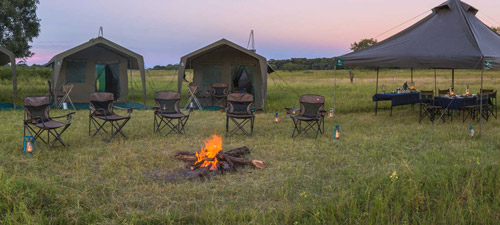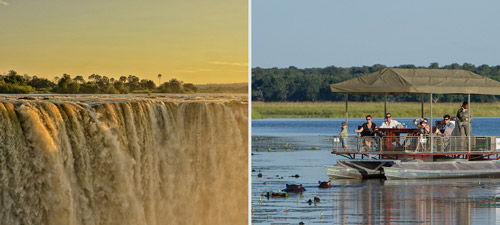
The sungazer – a name that would fit that of a mighty dragon! Well, technically it does, as its scientific name is Smaug giganteus – a wonderful reference to Smaug the dragon in Tolkien’s The Hobbit. And the resemblance to Daenerys Targaryen’s dragon children in Game of Thrones is almost uncanny.
But that is where the fantasy world ends for the rare sungazer lizards, and reality begins.
NOTE: Sungazer lizards do not make good pets, and it is illegal to keep them in captivity.
Why sungazers are endangered
It can be summed up in one word: Humans. In South Africa, the only country where this lizard occurs naturally, the constant increase in human population means that more land is being transformed to meet agricultural, residential and transport needs. These are primary contributors to their habitat fragmentation – not to mention worldwide biodiversity loss. The construction of roads, pipelines and electricity infrastructure are the major culprits.
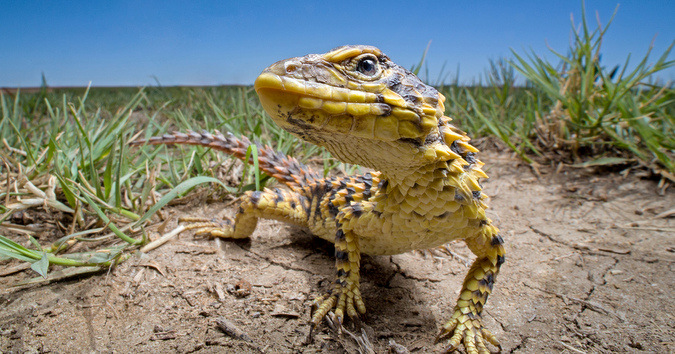
However, it doesn’t end there. Sungazers are used in the Sotho and Zulu practice of traditional medicine to make love potions. And reptile collectors and others LEGALLY keep them as pets and exhibits. Note that the keeping of these reptiles is legal in South Africa only if you have a permit. 1194 live sungazers were legally exported overseas, to 15 countries, between the years of 1985 – 2014.
There is a much darker side; a side that stokes the fire of the urgency of conservation management initiatives. Sungazers have also become victim of the ILLEGAL pet trade. Highly sought after all over the world because of their dragon-like appearance, these stunning creatures have been reduced to nothing more than a commodity traded for financial gain.
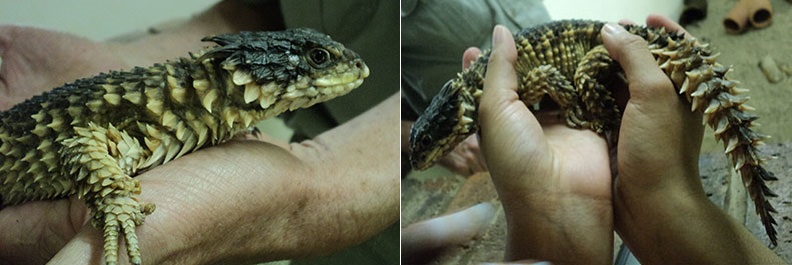
Location
The sungazer lizard is endemic to the Highveld grasslands of the Free State and Mpumalanga provinces of South Africa. Interestingly, these lizards live in burrows underground, as opposed to around rocks like many other members of their family.
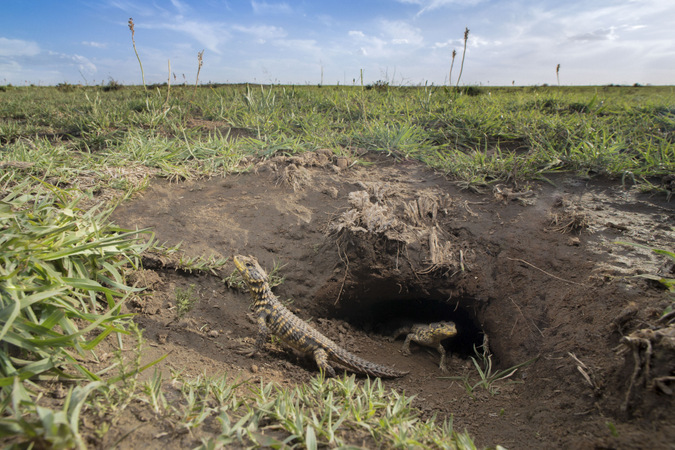
What needs to be done
• Protect its habitat
It’s clear that conservation management initiatives need to be implemented to avoid eradication of the sungazer. It can’t be denied that this isn’t a simple task, as the continued development of societal infrastructure and money to be made from illegal harvesting are ever-present.
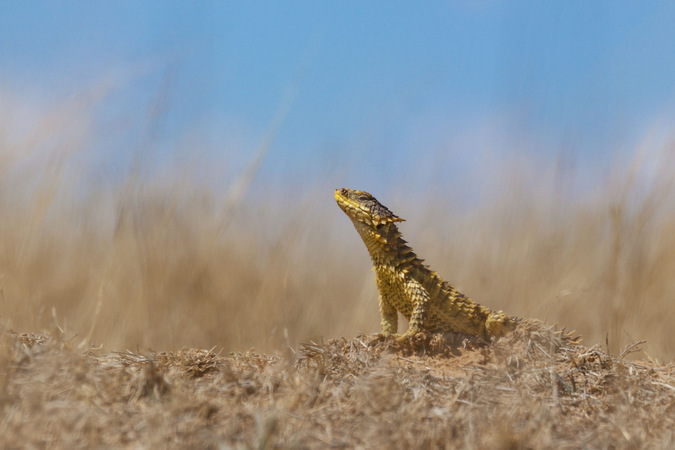
• Stop illegal trade
It’s time to use social media to our advantage. Popular platforms such as Facebook and Instagram are habitually used to advertise sales of sungazers. Experts need to ensure that they are familiar with the jargon and overall “language” of social media. This has #GOT to happen!
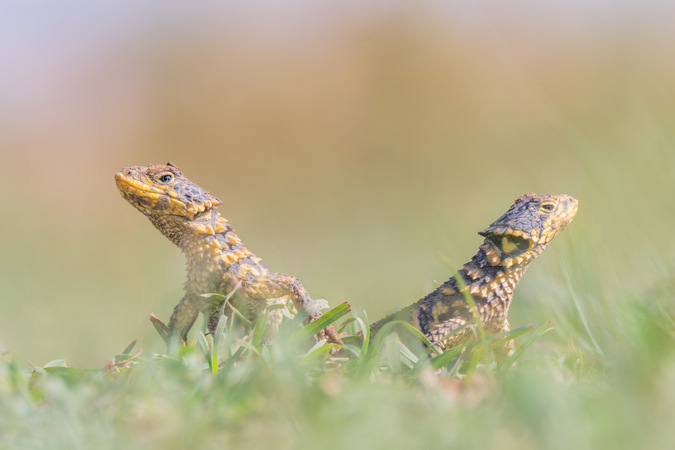
• Translocation of threatened individuals
Efforts need to be intensified to find a successful translocation method from areas under development to safe alternative areas. Yes, this will be difficult, considering that living in artificial burrows is not their nature, but that is where scientifically sound practical solutions have to be found.
If action isn’t taken now, then unlike Game of Thrones, they won’t be able to renew for another season.
The full report: Journal for Nature Conservation, Parusnath, S. et al (2017):“The desolation of Smaug: The human-driven decline of the Sungazer lizard”
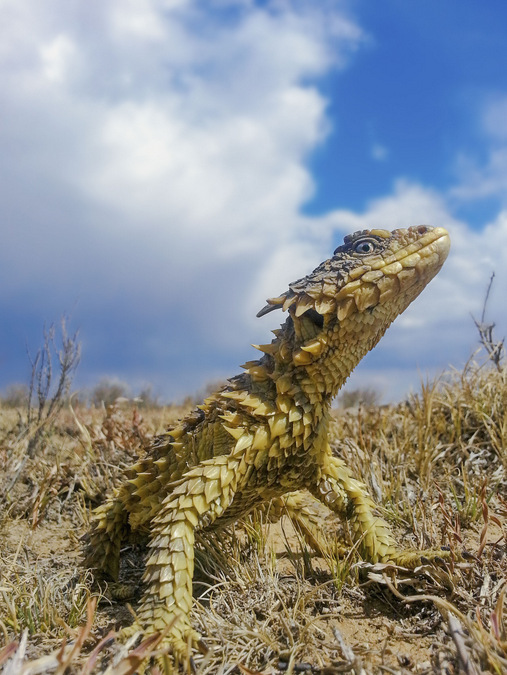
To comment on this story: Login (or sign up) to our app here - it's a troll-free safe place 🙂.![]()
HOW TO GET THE MOST OUT OF AFRICA GEOGRAPHIC:
- Travel with us. Travel in Africa is about knowing when and where to go, and with whom. A few weeks too early / late and a few kilometres off course and you could miss the greatest show on Earth. And wouldn’t that be a pity? Browse our ready-made packages or answer a few questions to start planning your dream safari.
- Subscribe to our FREE newsletter / download our FREE app to enjoy the following benefits.
- Plan your safaris in remote parks protected by African Parks via our sister company https://ukuri.travel/ - safari camps for responsible travellers


